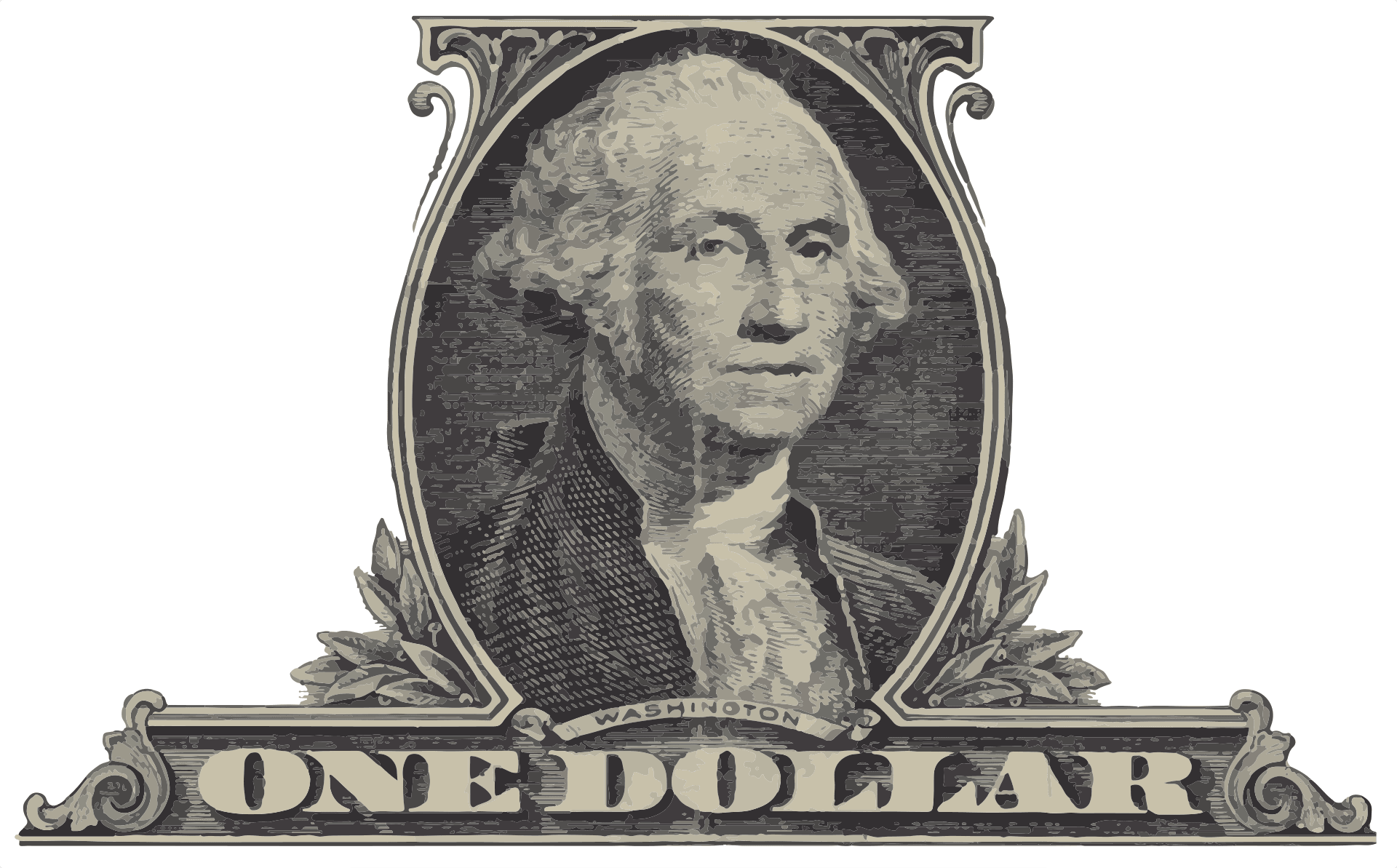
Nejc Kodrič, Julian Sawyer, and now Jean-Baptiste Graftieaux… it’s unclear what led to the latest change in leadership of one of the oldest crypto exchanges.
Bitstamp, one of the oldest crypto exchanges in the world, has announced the appointment of Jean-Baptiste (JB) Graftieaux as its new global CEO following the departure of Julian Sawyer.
In a Monday announcement, Bitstamp said Sawyer, who first became CEO of the crypto exchange in October 2020, “has decided to pursue other opportunities.” Graftieaux took over the position on May 7, having been the Bitstamp Europe CEO since May 2021. According to the exchange, Graftieaux has 20 years of experience in “crypto, payments, and financial sectors,” having first joined Bitstamp in November 2014 as the firm’s chief compliance officer following five years at PayPal.
“JB was with Bitstamp in its early days, and has admirably led our European business over the past year,” said Bitstamp’s board of directors chair Nicolas Huss. “We’re pleased to welcome a CEO with such an impressive track record, and very much look forward to the contribution and perspective he will bring to the company in his new role.”
Jean-Baptiste Graftieaux has joined us as Managing Director of Europe, spearheading our efforts to further strengthen our position as the most reliable cryptocurrency exchange! Previously, he held regulatory positions @PayPal and @eBay. https://t.co/zJZPG1rwRr
— Bitstamp (@Bitstamp) May 19, 2021
Graftieaux would be the third global CEO of Bitstamp following the departure of Sawyer, who took over from the exchange’s co-founder Nejc Kodrič. It’s unclear if Sawyer will continue to work in the digital asset space — his LinkedIn profile at the time of publication showed the former CEO was an honorary senior visiting fellow at City, University of London, and a board adviser for neobank Volt.
Related: Crypto gains trust as investment, but still lags behind other options: Bitstamp report
Founded in 2011, Bitstamp is ranked 11th among crypto exchanges with a daily trading volume of more than $322 million, according to data from CoinMarketCap. In April, the exchange requested its users to update their accounts to identify the origin of cryptocurrencies stored on the platform, in compliance with regulations.
Cointelegraph reached out to Julian Sawyer, but did not receive a response at the time of publication.





